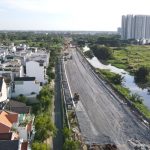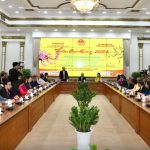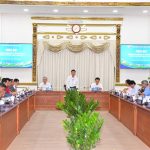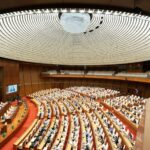The Ho Chi Minh City Department of Natural Resources and Environment has submitted a report to the People’s Committee on announcing the list of administrative procedures in the field of land management under the department’s management functions.
According to the report, the department proposed to announce a list of 64 administrative procedures, including 42 provincial-level procedures, 21 district-level procedures, and 1 commune-level procedure.
Notably, at the provincial level, there are procedures for allocating or leasing land without auctioning land-use rights or bidding to select investors for projects involving land use.
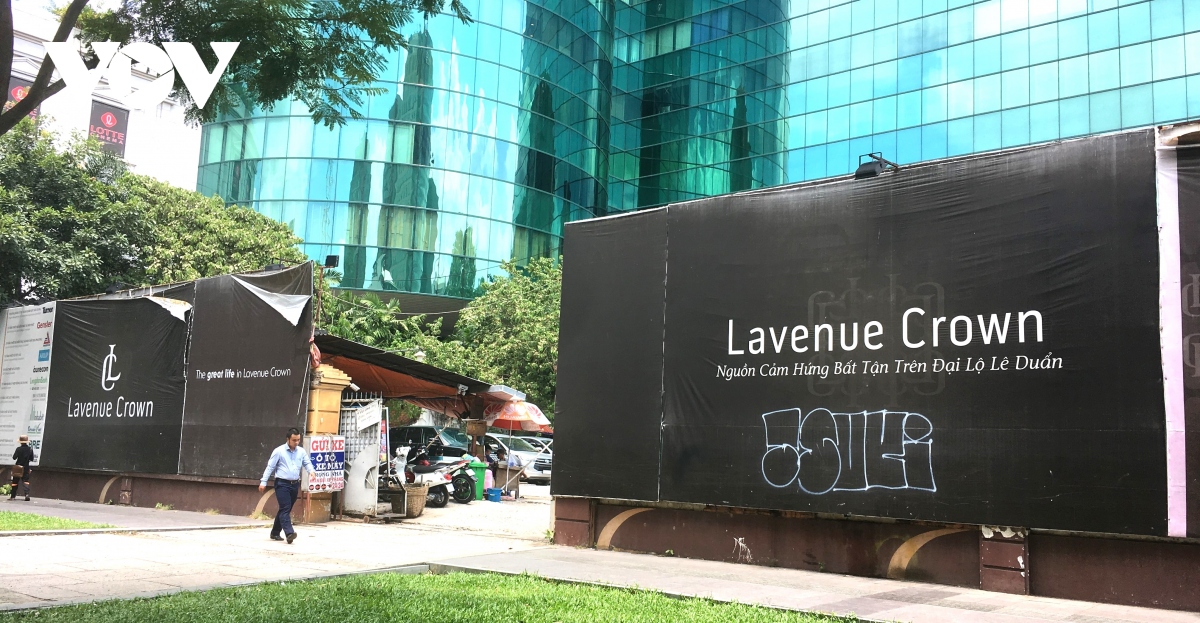
Many land-use projects in Ho Chi Minh City have encountered obstacles
This includes allocating or leasing land through bidding to select investors for projects involving land use, as well as procedures for approving the conversion of land use purposes, adjusting land allocation or lease decisions, and approving the conversion of land use rights.
At the district level, procedures include allocating residential land with payment for land use without auctions or bidding to select investors for projects involving land use for certain budget-salaried individuals who do not own residential land or housing.
Additionally, there are procedures for extending land use duration for individuals and community households, confirming the continued use of agricultural land by individuals after the land use duration has expired, and adjusting the land use duration for investment projects where the land users are individuals or community households.
Ensuring Effective Implementation of the Land Law 2024
According to Deputy Minister of Natural Resources and Environment, Le Minh Ngan, the workload for preparing the necessary content to ensure the effective enforcement of the Land Law 2024 from January 1, 2025 is significant, as it requires the completion of 9 Decrees, 6 Circulars, 1 Prime Minister’s Decision, and 18 detailed local provisions.
Comprehensive regional connectivity
In addition to building strong physical infrastructure, Ho Chi Minh City needs to strengthen its soft connections with other provinces in the region in order to promote economic development. This includes prioritizing the training of skilled workforce and ensuring access to quality healthcare.



























